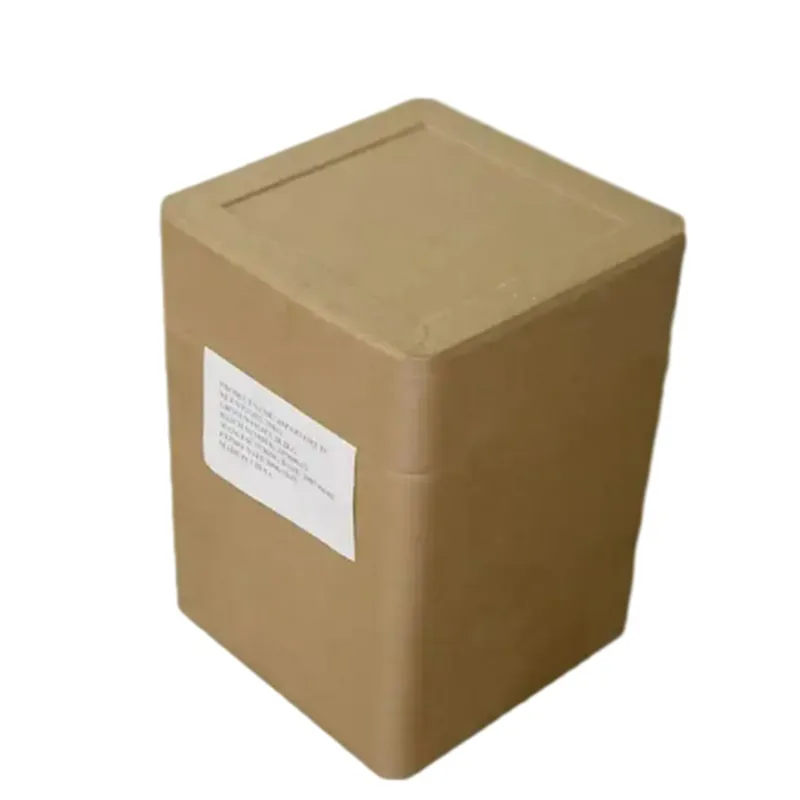
Exploring the Role of Preservatives in Baking and Their Impact on Shelf Life
The Role of Baking Preservatives in Modern Baking
Baking is an age-old culinary practice that has evolved significantly over the centuries. It is not merely about mixing flour, water, and yeast; it encompasses a science that balances ingredients, temperature, and time. One important but often overlooked aspect of baking is the use of preservatives. Baking preservatives are substances added to baked goods to enhance their shelf life and maintain their freshness. In this article, we will explore the role of baking preservatives, different types used, and their impact on health and flavor.
What are Baking Preservatives?
Baking preservatives are compounds that inhibit the growth of microorganisms such as bacteria and molds, which can spoil baked goods. They also help to retain moisture and improve the texture of products. While some people may be apprehensive about consuming preservatives due to health concerns, many are safe when used appropriately.
Types of Baking Preservatives
There are two main categories of baking preservatives natural and synthetic
.1. Natural Preservatives These include substances derived from natural sources. Common examples are vinegar, honey, and certain essential oils. Vinegar acts as an acidulant, lowering the pH of the dough, and creating an environment that inhibits bacterial growth. Honey, known for its antimicrobial properties, can naturally extend the freshness of bread and other baked goods.
2. Synthetic Preservatives These are man-made compounds that are often more effective and potent than natural options. Popular synthetic preservatives used in baking include calcium propionate, sorbic acid, and potassium sorbate. Calcium propionate is commonly used in bread production to prevent mold growth, extending the shelf life of the product.
baking preservatives

The Benefits of Using Preservatives
The primary advantage of using baking preservatives is enhancing the shelf life of products, allowing them to stay fresh for longer periods. This is especially important in commercial baking, where products need to travel long distances and sit on store shelves for days or even weeks. Additionally, preservatives ensure consistent quality and flavor in baked goods. By preventing spoilage and maintaining moisture, they contribute to a more enjoyable eating experience.
For consumers, the convenience of ready-to-eat baked goods makes preservatives indispensable. They enable busy individuals to enjoy fresh-tasting items without the need for daily baking, catering to modern lifestyles.
Health Implications
While preservatives play a vital role in baking, there are growing concerns about their long-term health effects. Some studies suggest that excessive consumption of synthetic preservatives may be linked to health issues, including allergic reactions and increased risk of certain diseases. Therefore, it's essential for consumers to stay informed and read ingredients labels carefully. Choosing products with natural preservatives or those without preservatives can be a safer option for health-conscious individuals.
The Future of Baking Preservatives
The demand for clean label products—those without artificial additives and preservatives—is on the rise. As consumer preferences shift towards healthier and more natural options, the baking industry is responding. This has led to innovative approaches in the development of new natural preservatives and techniques that enhance shelf life without compromising health.
In conclusion, baking preservatives play an essential role in the modern baking landscape. They help maintain freshness, improve flavor, and extend the shelf life of baked goods. While concerns regarding health implications are valid, understanding the types, benefits, and careful selection can lead to informed choices for consumers. As the industry evolves, the future of baking preservatives will likely continue to focus on balancing convenience and health, aligning with the growing trend towards natural and wholesome ingredients.
-
Sodium Dichloroisocyanurate Safety Handling ProtocolsNewsJul.29,2025
-
Mining Chemicals for Copper Extraction Processes GuideNewsJul.29,2025
-
Fertilizer for Sale Shipping and Storage TipsNewsJul.29,2025
-
Dimethyl Disulfide as Sulfurizing AgentNewsJul.29,2025
-
Benzotriazole Safety Data Handling and Storage GuidelinesNewsJul.29,2025
-
Ammonium Bicarbonate Safety Handling Storage GuidelinesNewsJul.29,2025
-
The Transformative Role Of Trichloroisocyanuric Acid in Water TreatmentNewsJul.23,2025
Hebei Tenger Chemical Technology Co., Ltd. focuses on the chemical industry and is committed to the export service of chemical raw materials.
-

view more DiethanolisopropanolamineIn the ever-growing field of chemical solutions, diethanolisopropanolamine (DEIPA) stands out as a versatile and important compound. Due to its unique chemical structure and properties, DEIPA is of interest to various industries including construction, personal care, and agriculture. -

view more TriisopropanolamineTriisopropanolamine (TIPA) alkanol amine substance, is a kind of alcohol amine compound with amino and alcohol hydroxyl, and because of its molecules contains both amino and hydroxyl. -

view more Tetramethyl Thiuram DisulfideTetramethyl thiuram disulfide, also known as TMTD, is a white to light-yellow powder with a distinct sulfur-like odor. It is soluble in organic solvents such as benzene, acetone, and ethyl acetate, making it highly versatile for use in different formulations. TMTD is known for its excellent vulcanization acceleration properties, which makes it a key ingredient in the production of rubber products. Additionally, it acts as an effective fungicide and bactericide, making it valuable in agricultural applications. Its high purity and stability ensure consistent performance, making it a preferred choice for manufacturers across various industries.











